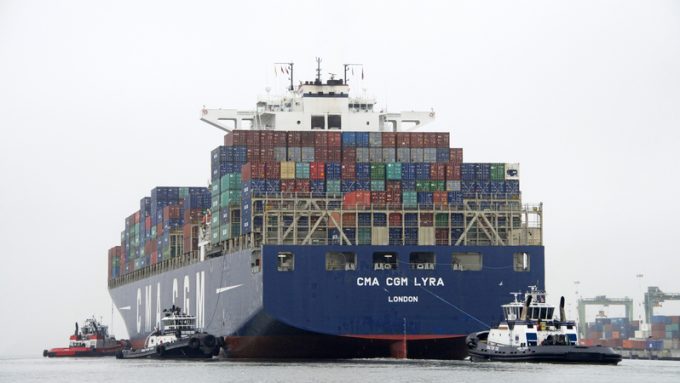Political fallout may delay Panama Ports Co sale to BlackRock-TiL
Tomorrow’s deadline for CK Hutchison to sell its 90% stake in Panama Ports Company (PPC) ...

US president Donald Trump this week handed the Federal Maritime Commission greater powers to regulate container shipping lines, following profound industry consolidation, through a revised US Shipping Act.
The FMC Authorization Act of 2017 was signed into law by the president on Tuesday, “marking the first ...
Four crew members still missing as Wan Hai 503 continues to burn
Predatory rivals circle as the ripples from DSV's Schenker buy widen
Explosions and 'out-of-control' fire reported on Wan Hai box ship
MSC Elsa crew face criminal probe, as Wan Hai 503 firefighters battle on
Latest Israeli attack on Iran a threat to box ships in Straits of Hormuz
'It's driving us mad', say forwarders as US court fails to end tariff turmoil
Transpacific rates ease as capacity boost proves too much for trades to digest


Comment on this article